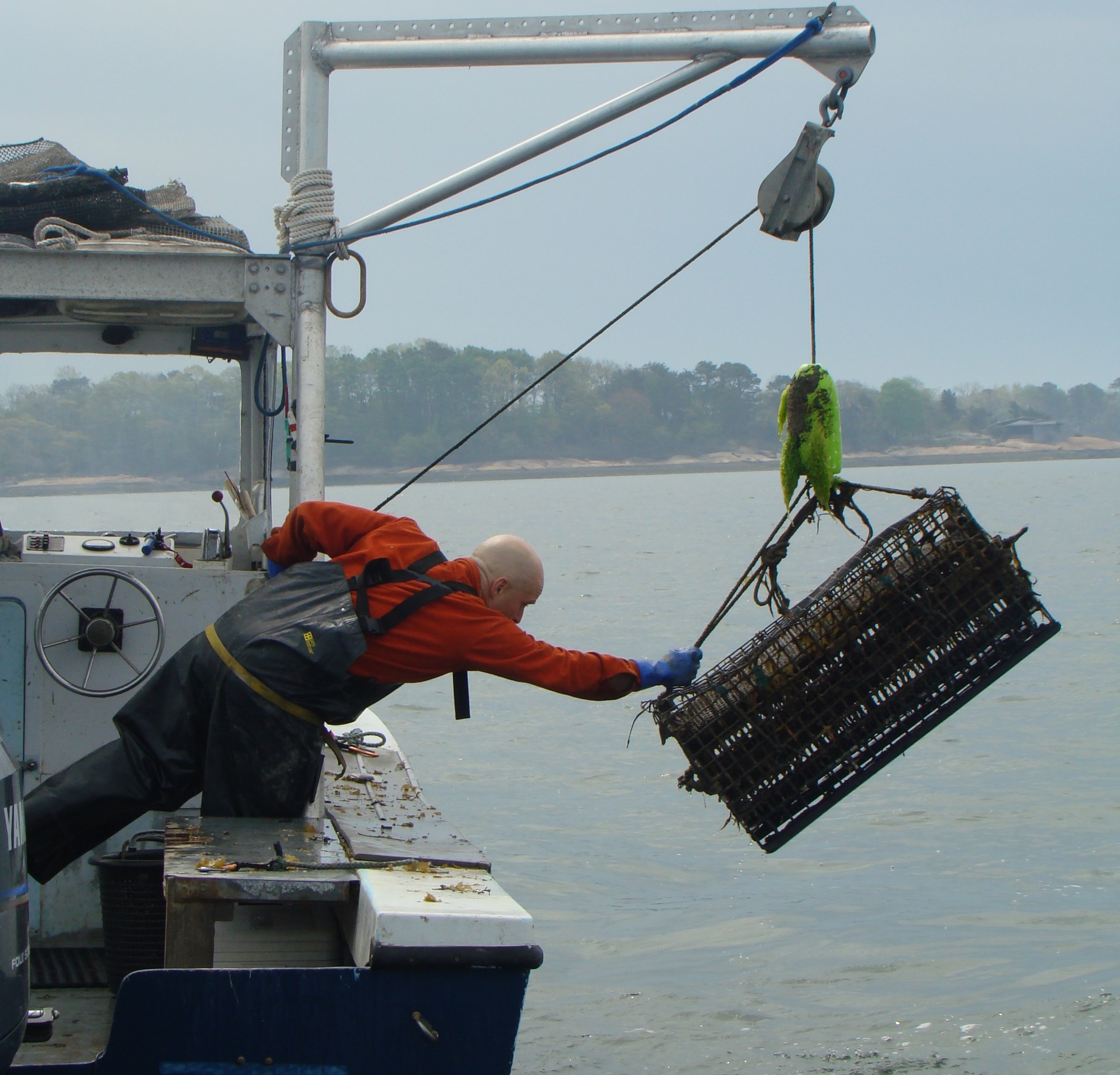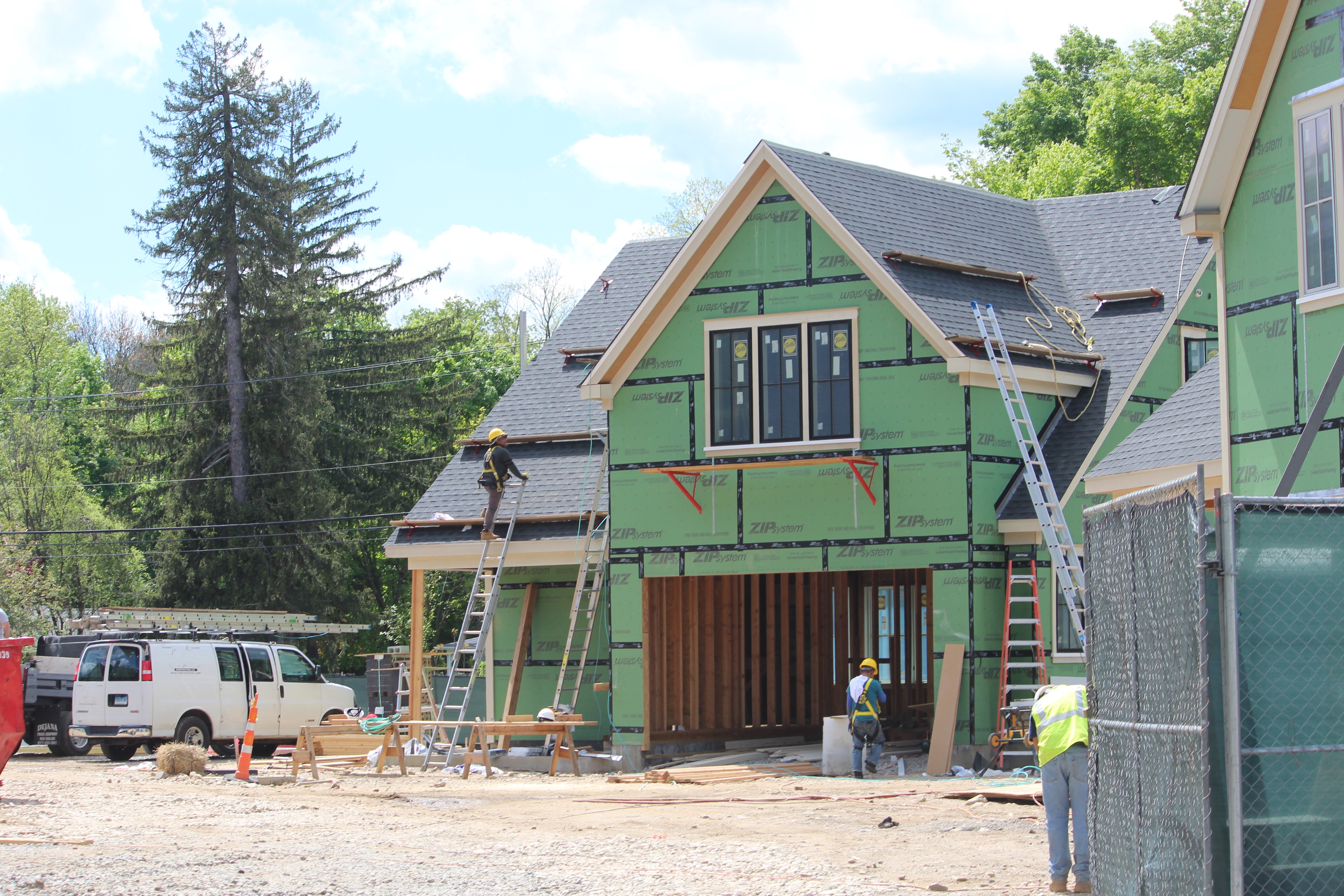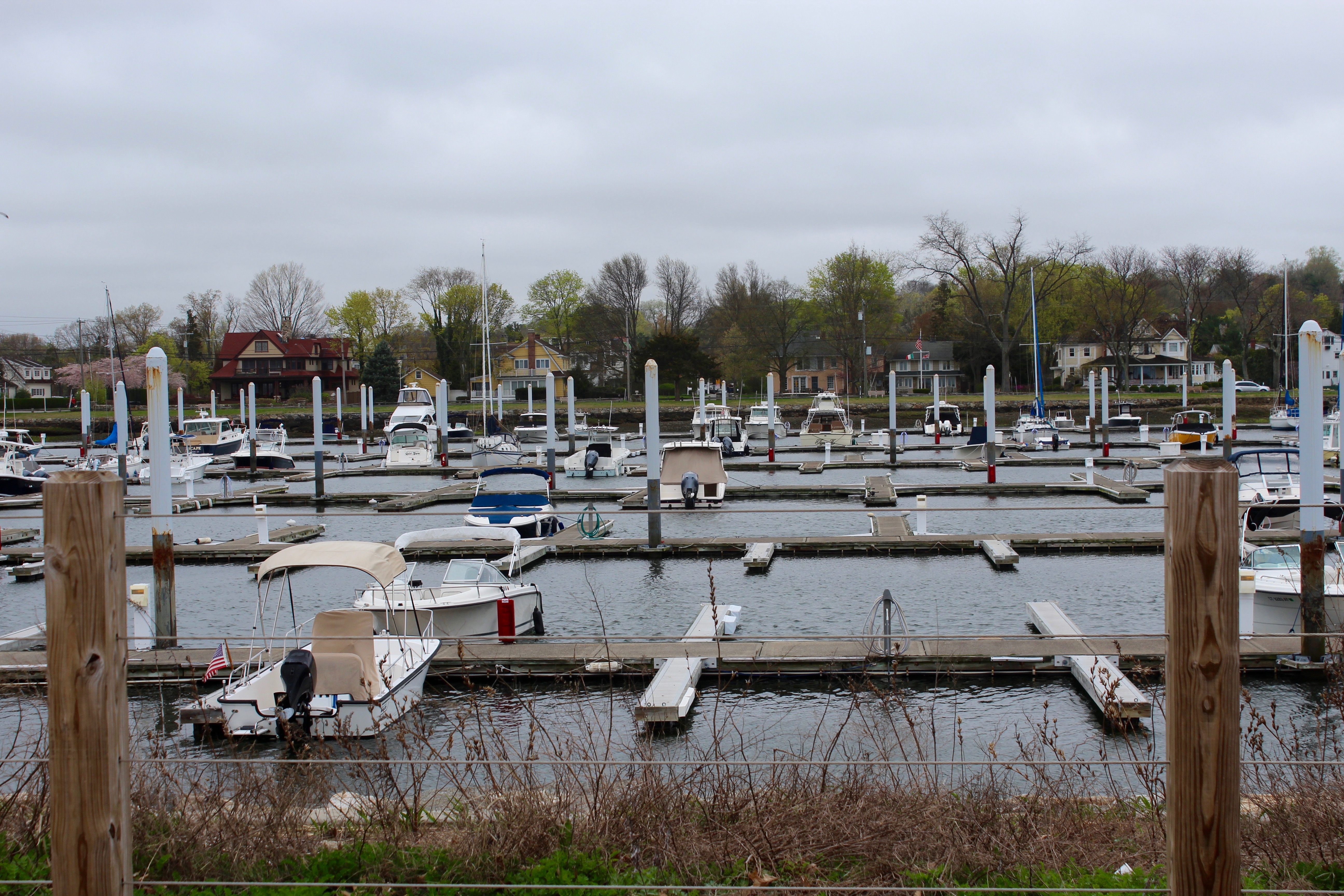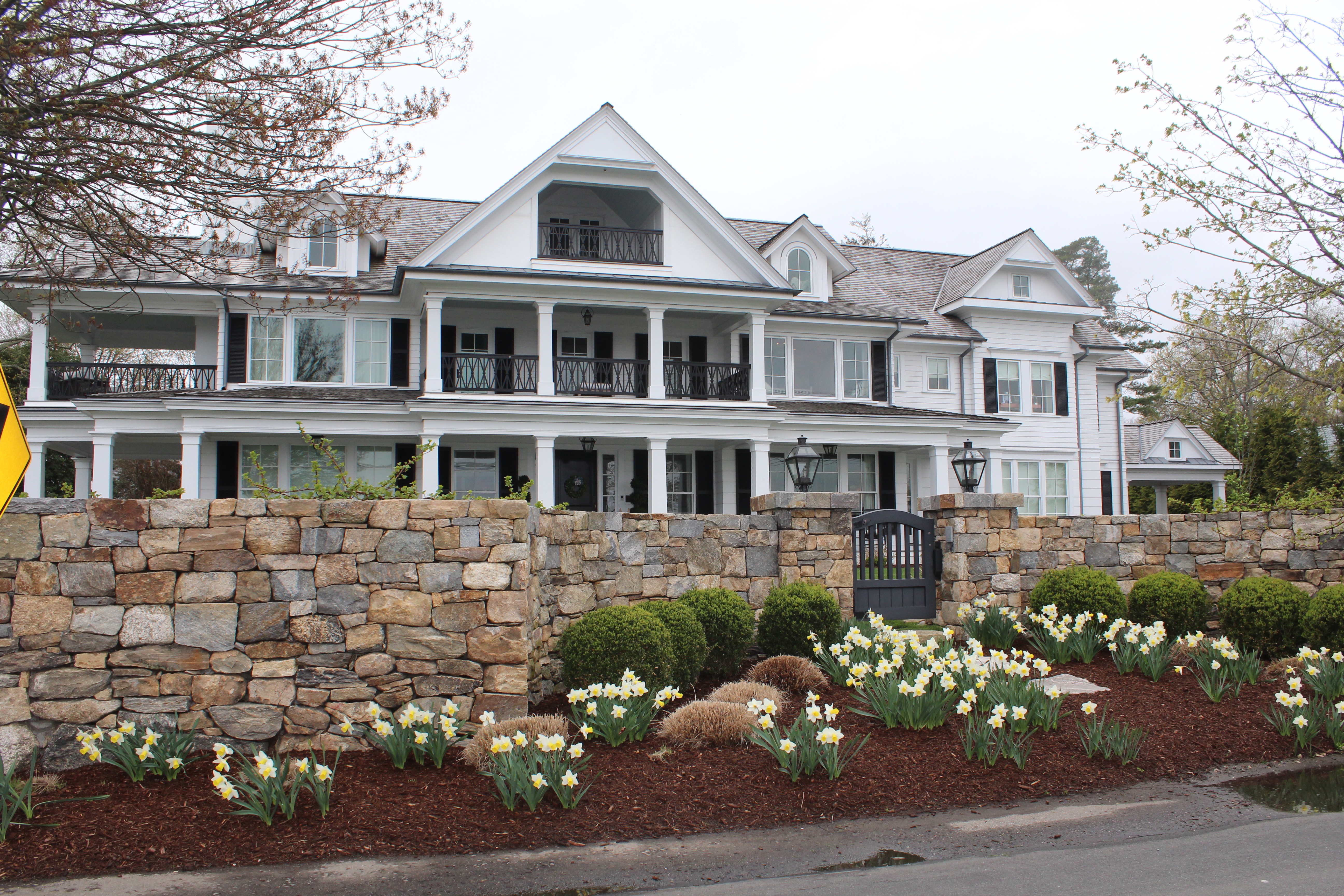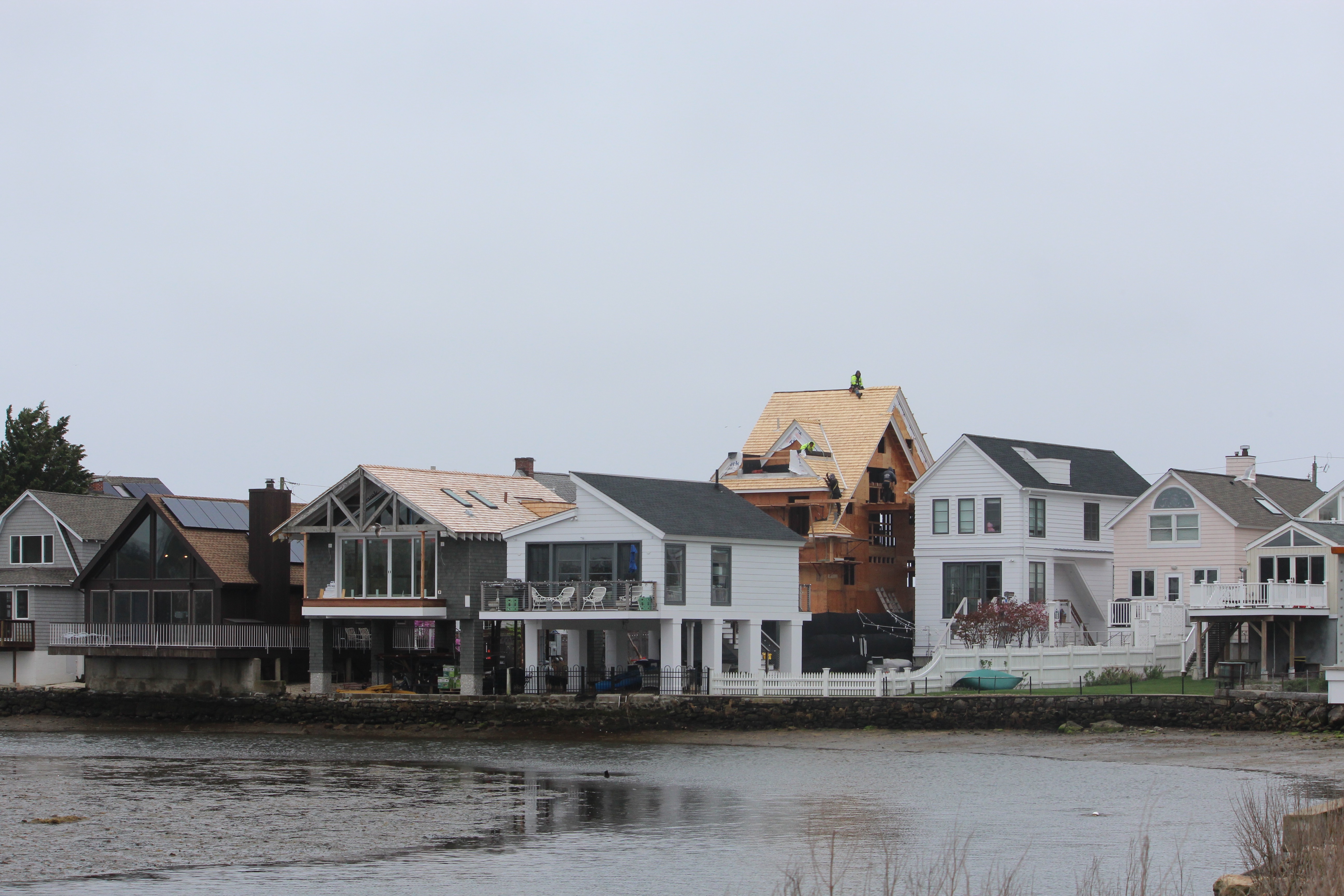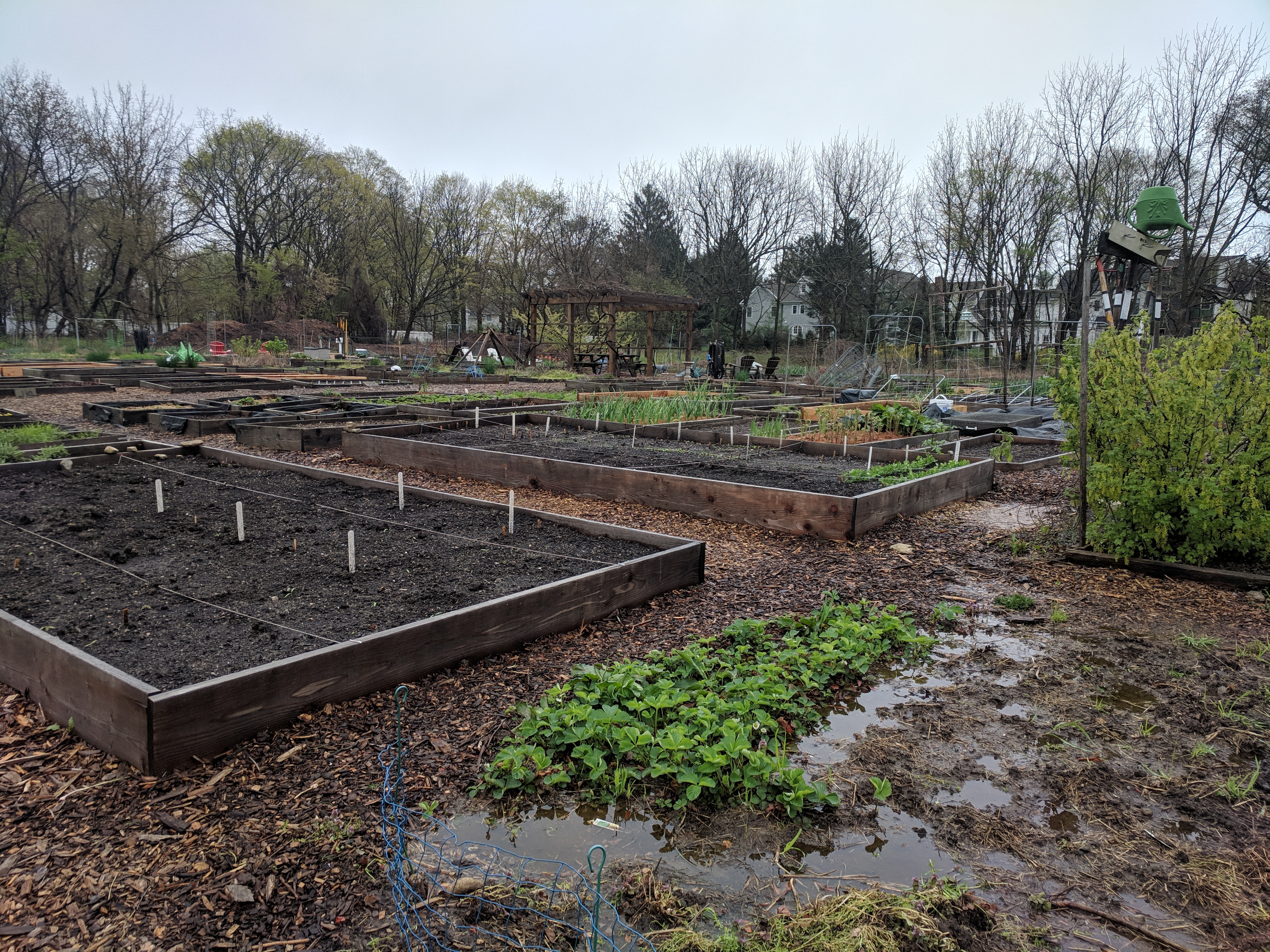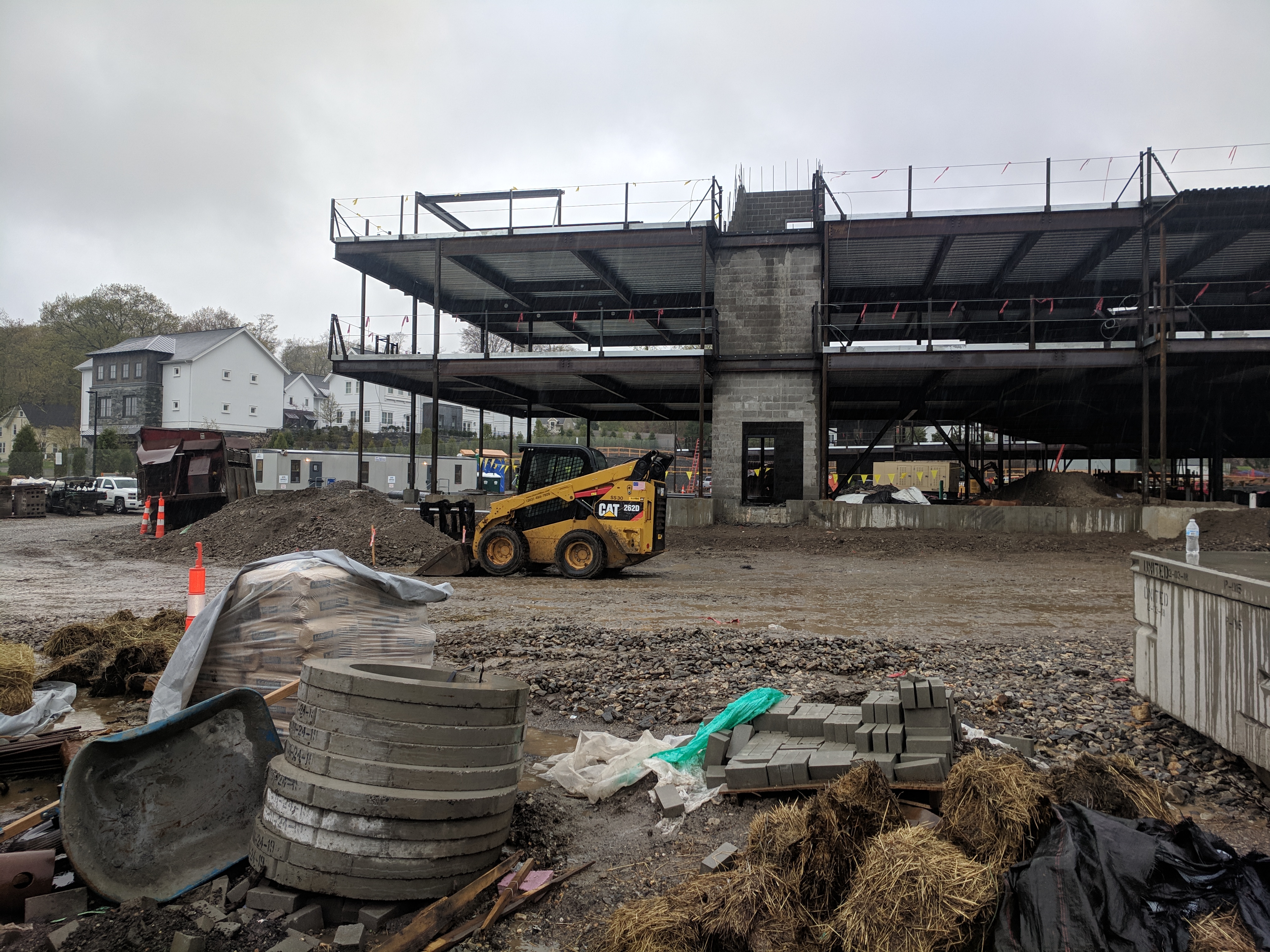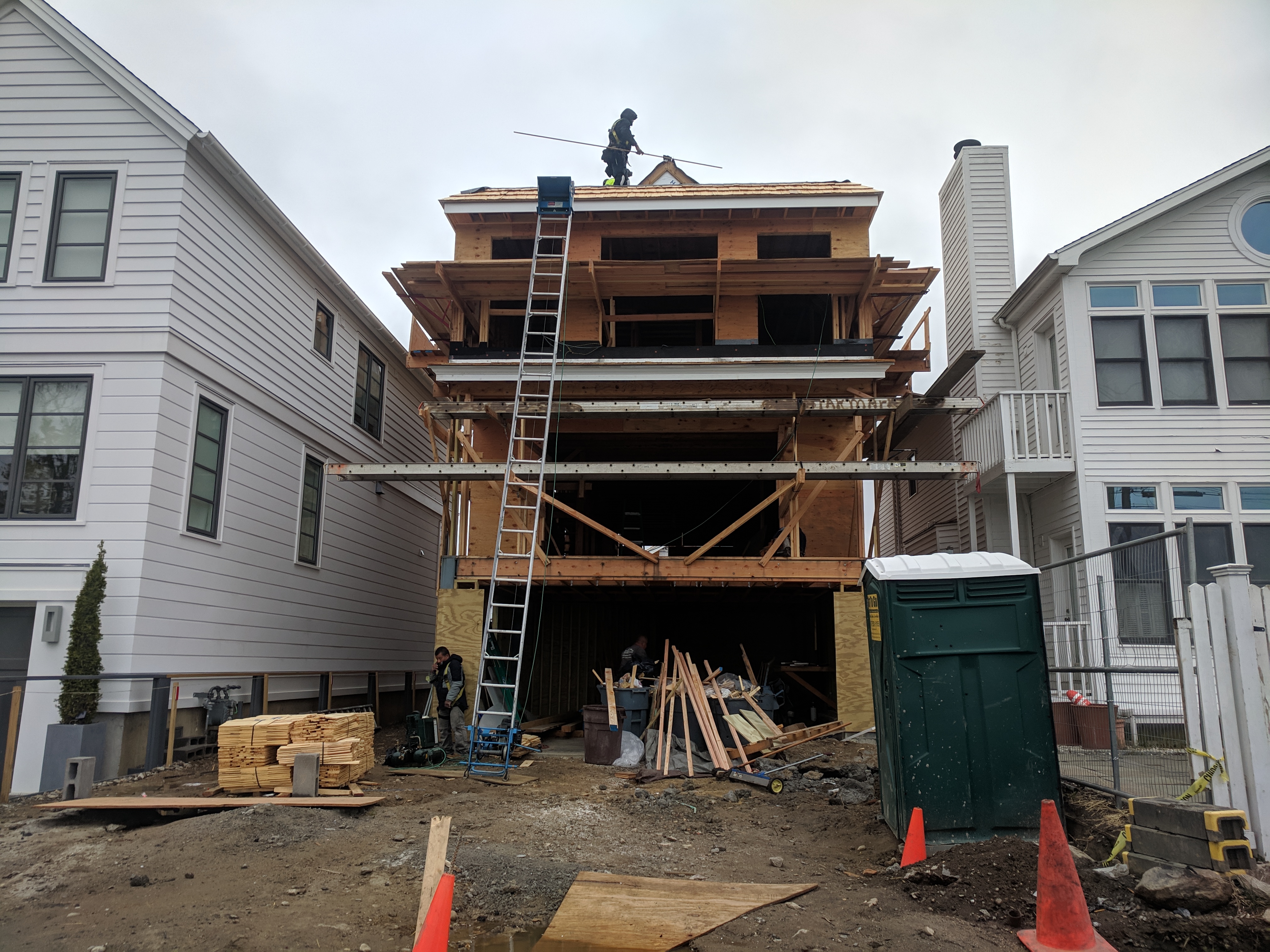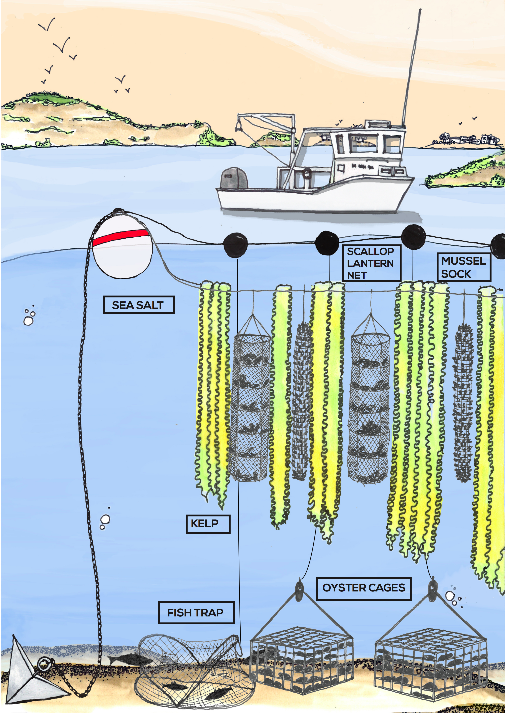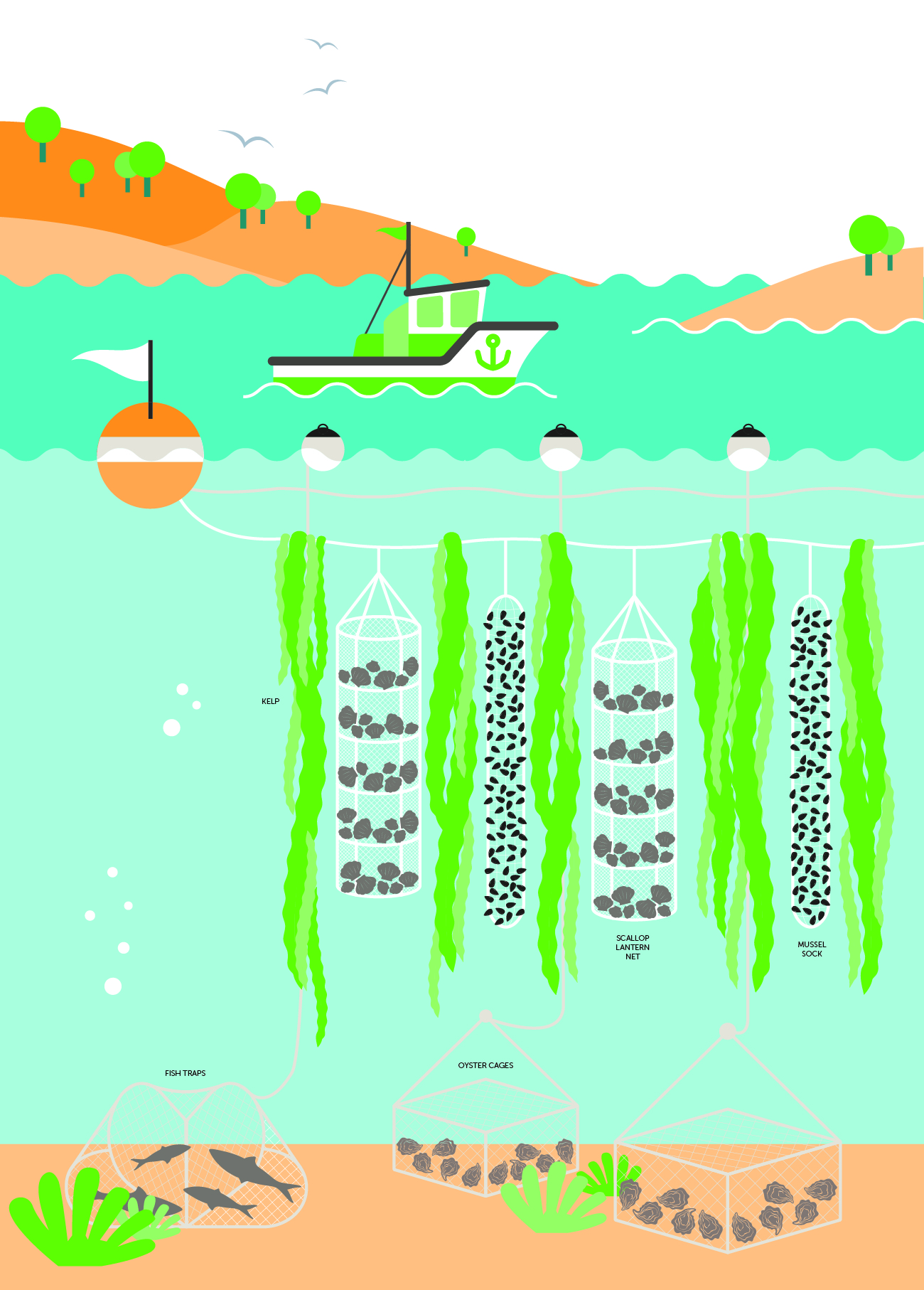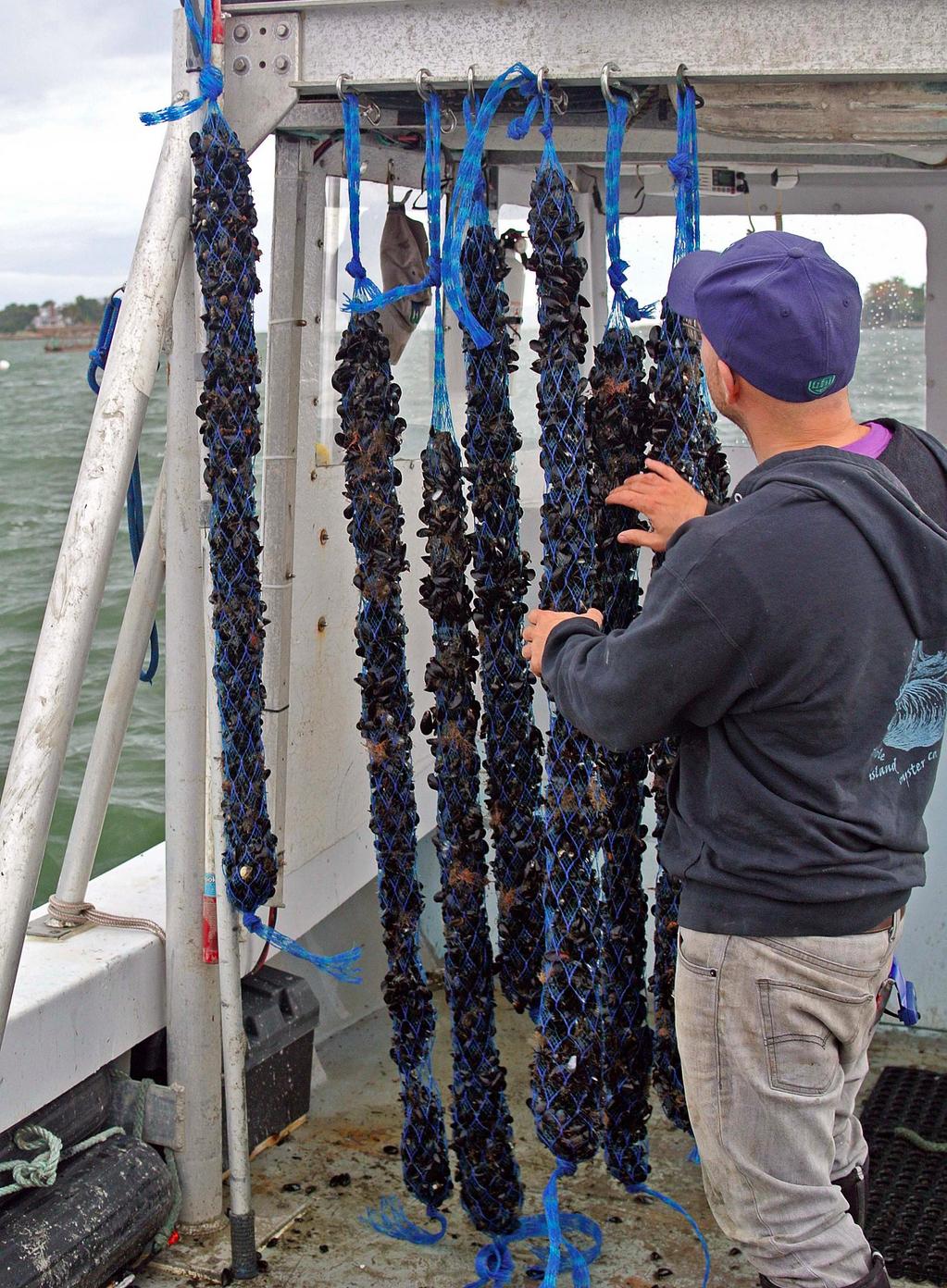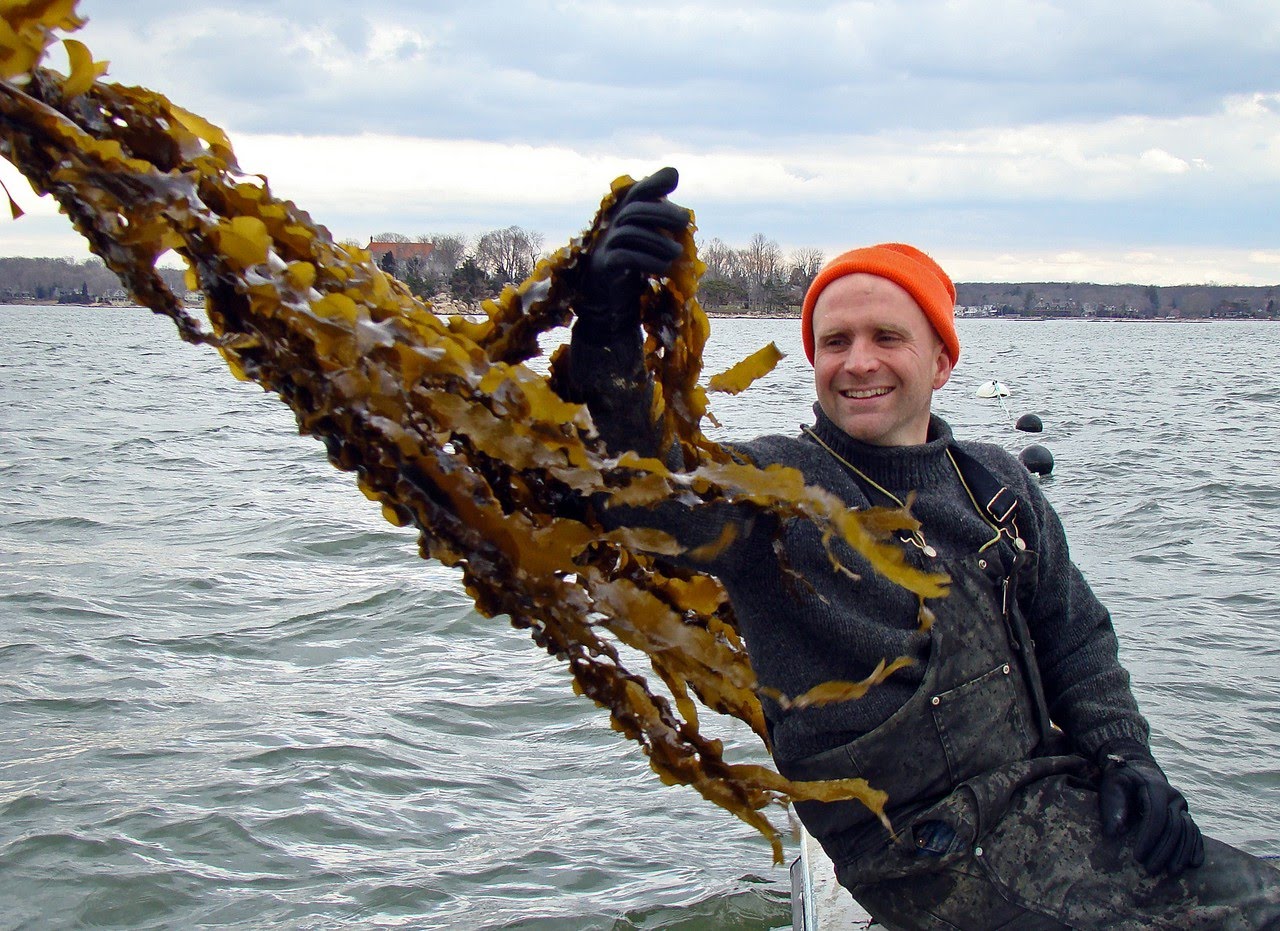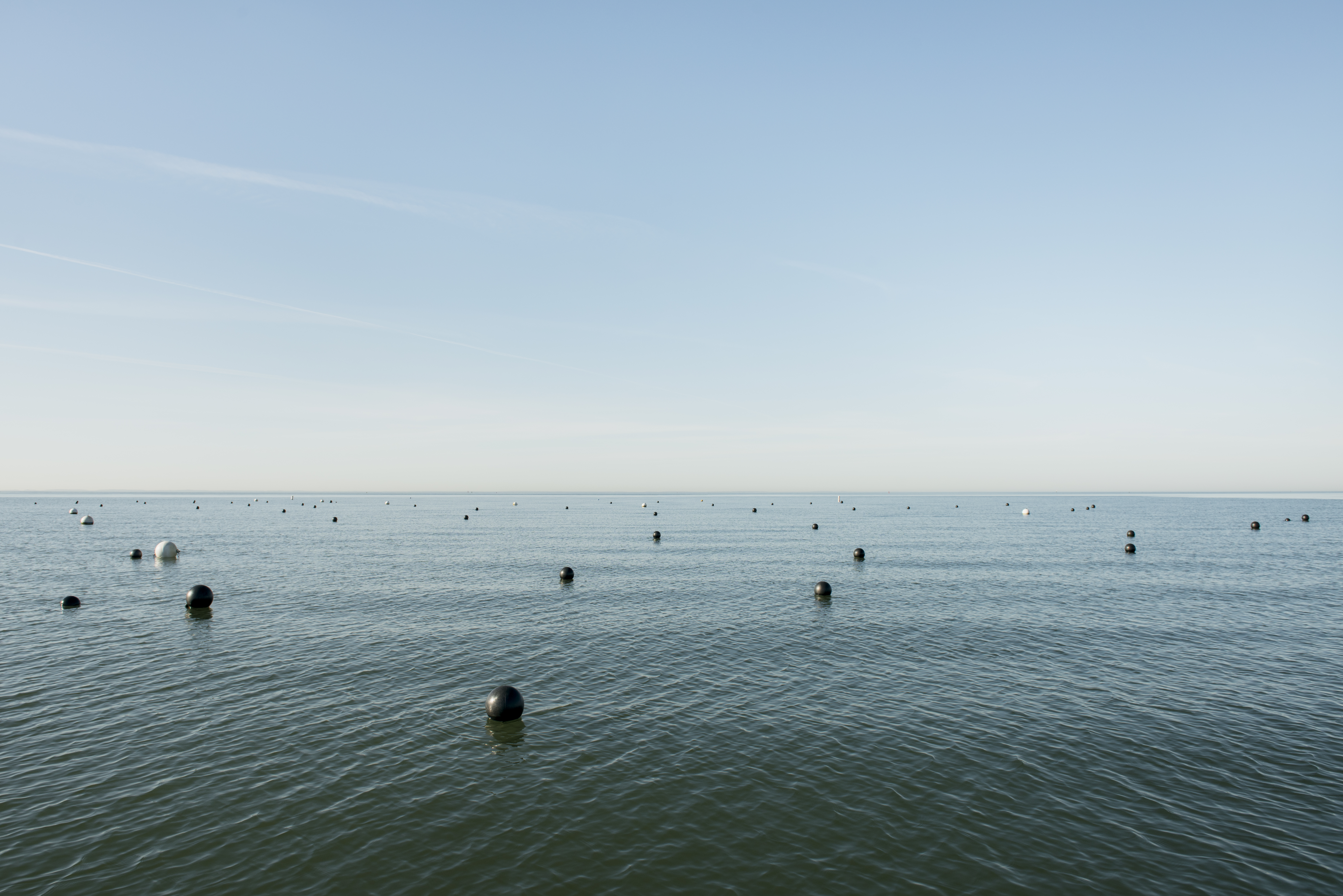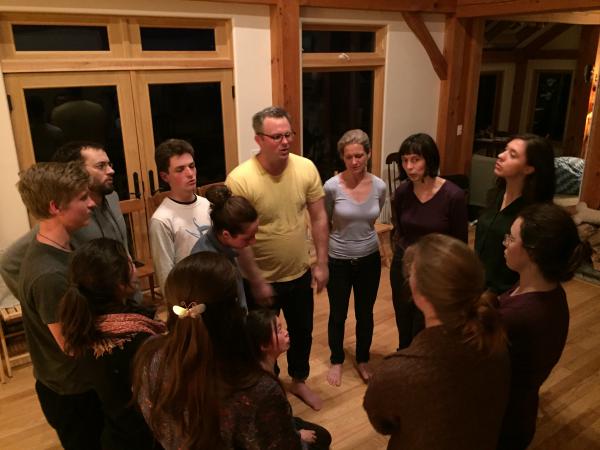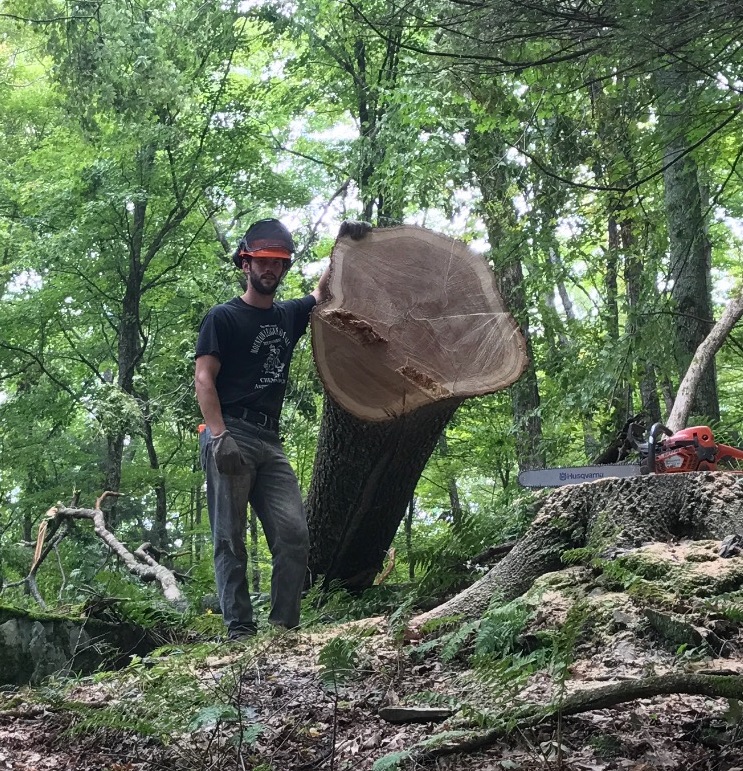Episode 150: Restorative Ocean Farming; Logging By Hand
This week on NEXT:
We’ll hear about how housing policies have created segregated towns across New England.
Plus, we’ll talk to a commercial fisherman turned ocean farmer about the future of the fishing industry. And a group in Maine is bringing new life to historic sea chanties.
Finally, we’ll learn about the loggers in the Northern forests of Vermont who are still logging by hand.
It’s NEXT.
How Wealthy Towns in Connecticut Limit Affordable Housing
- Housing being constructed in Westport that are expected to sell for $1.2 million. Photo by Jacqueline Rabe Thomas for the Connecticut Mirror.
- Boat docks off of Compo Beach Road in Westport. Photo by Jacqueline Rabe Thomas for the Connecticut Mirror.
- A mansion on Compo Beach Road in Westport. Photo by Jacqueline Rabe Thomas for the Connecticut Mirror.
- Construction of a multi-million dollar beach-front property in Westport. Photo by Jacqueline Rabe Thomas for the Connecticut Mirror.
- This site was eyed for multi-family housing for low-income residents in a heavily residential single-family section of town in the early 2000s. The town purchased the land from the developer and it is now a community garden. Photo by Jacqueline Rabe Thomas for the Connecticut Mirror.
- The construction of affordable housing in Westport. Photo by Jacqueline Rabe Thomas for the Connecticut Mirror.
- Construction of a multi-million dollar beach-front property in Westport. Photo by Jacqueline Rabe Thomas for the Connecticut Mirror.
New England is different from the rest of the U.S. in many ways. But one of the most visible is our celebration of the individuality of each town. While some states may have giant metro areas governed as large cities, or strong county government overseeing the municipalities inside it, we, largely, let towns elect their own officials and run their own affairs.
That includes how towns address issues of zoning and housing.
An investigation by the Connecticut Mirror and ProPublica has found a pattern of towns in Connecticut blocking the construction of privately developed duplexes and apartments, and that has led to a lack of affordable housing units, segregated neighborhoods, and neighborhoods with big disparities in income distribution. It’s a problem that’s not unique to Connecticut.
Jacqueline Rabe Thomas is a reporter with the Connecticut Mirror and ProPublica’s local reporting network. She’s the author of the recent article, “Separate and unequal: How Connecticut keeps its housing segregated.” She joins us to discuss what she found in her reporting.
How Climate Resiliency Plans Could Impact Inequality
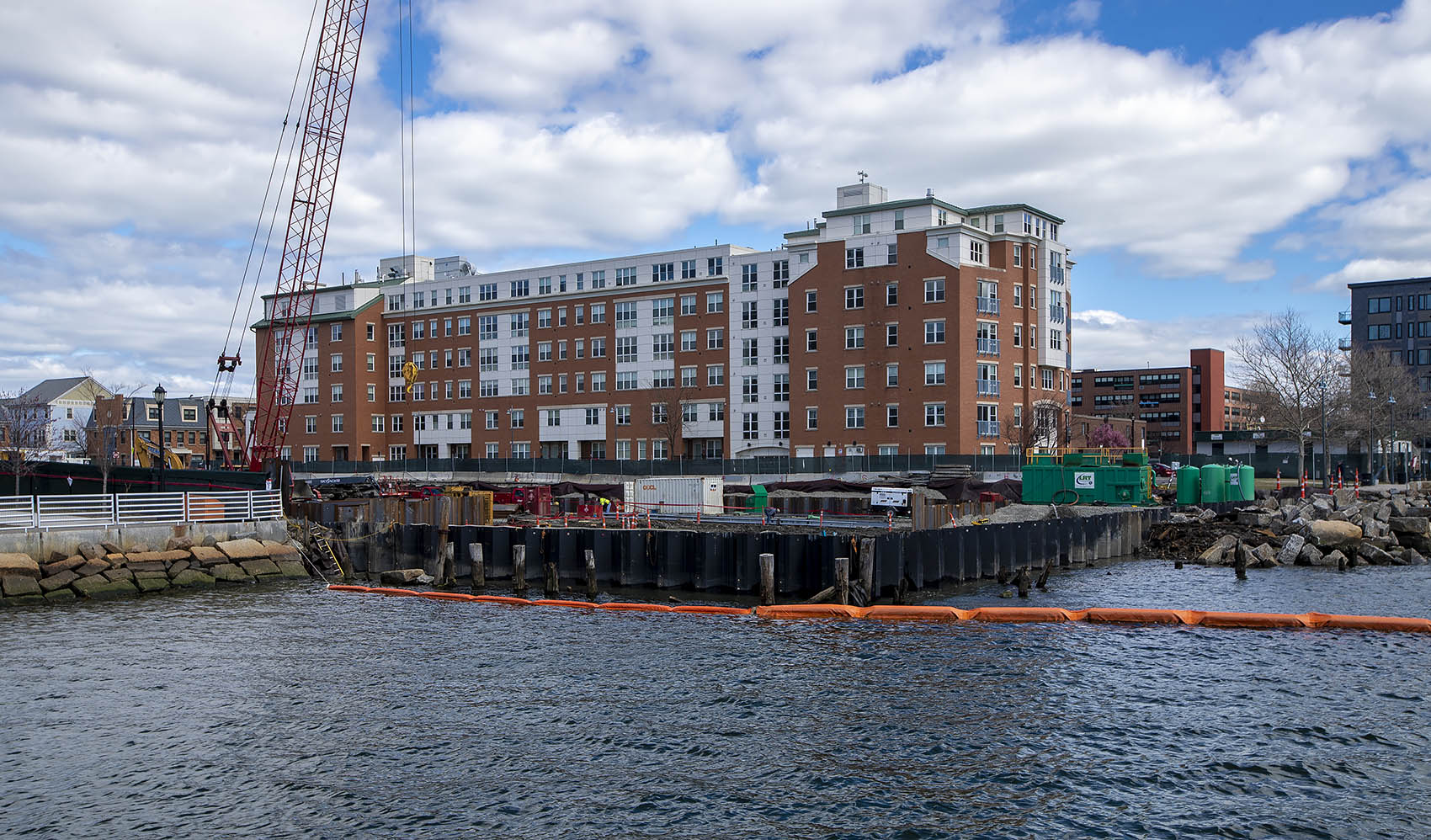
The 99 Sumner Street construction site in East Boston sits between LoPresti Park and Carlton Wharf. Photo by Jesse Costa for WBUR
Boston’s Mayor Marty Walsh is planning to put at least 10 percent of spending toward prepping parks and infrastructure for the effects of climate change.
The city’s resilience initiatives are wrapped in the language of equity — in Walsh’s words, representing “Boston’s historic commitment to our collective well-being.”
But some experts worry the push for climate adaptation could make inequality worse, a possible multiplier of the so-called “green gentrification” they say is already underway in two neighborhoods at the center of the city’s climate resilience strategy: East Boston and South Boston.
Why a Commercial Fisherman Turned to Ocean Farming
- 3D Ocean Farm Diagram. Image by Stephanie Stroud
- 3D Ocean Farm Diagram. Credit to Sustainia
- Bren Smith with Mussels from his farm. Photo courtesy of GreenWave
- Bren Smith. Photo by Ronald T. Gautreau Jr.
- Surface of the ocean farm. Photo courtesy of GreenWave
Bren Smith began his career as a commercial fisherman, but now is the owner of Thimble Island Oyster Farm, a 3D restorative ocean farm in Connecticut. He’s also the author of the new book, Eat Like a Fish: My Adventures as a Fisherman Turned Restorative Ocean Farmer.
But what exactly is a “3D restorative ocean farm?” He says it might just be the future of working on the sea, and it’s a lot different than the life he used to live.
Historic Sea Chanties Brought Back to Life
We were struck by this line from Bren’s book: “There are no songs about hedge-fund managers or lawyers; there are hundreds about us.” Those songs come in many styles, including the sea chanty, once the soundtrack of the Golden Age of Sail. It’s gone the way of other traditional work songs — relegated to folk festivals, history museums, and a few tourist schooners.
But in Midcoast Maine, chanteys that have sat in the archives for nearly a hundred years are getting a new life, and being put back to work on Penobscot Bay.
From Maine Public Radio, Ari Snider has more.
Logging by Hand
One of the big changes in the culture and economy of the northern forest has been the transition from small-scale logging to mechanized logging, using big, heavy machinery.
Audio producer Erica Heilman went in search of the loggers who are still doing it the old-fashioned way, cutting down trees with chainsaws, attaching the logs to cable, and dragging them out, using what’s called a “skidder.” In her journey through the woods of northeastern Vermont and adjoining New Hampshire, Erica discovered what makes these loggers different — and learns about the intimate relationship between a forested region and the people who work there.
This podcast is part of The Resilient Forest series produced by Northern Woodlands and is supported by the Davis Conservation Foundation and the Larsen Fund. Most of the loggers you heard are part of the landscape of the vast working forest of Vermont’s Northeast Kingdom, the subject of a special report in the Summer 2019 issue of Northern Woodlands magazine. You can find that reporting — and more about the nonprofit here.
Join Us for an Upcoming Event!
Join us at the International Festival of Arts and Ideas in New Haven Connecticut on Tuesday, June 18! We’ll be talking to experts on our regions old industrial buildings, and how these spaces can help move us towards the future. Find out more information here. We hope to see you there.
Send Us Your Favorite New England Music
About NEXT
NEXT is produced at Connecticut Public Radio
Host: John Dankosky
Producer: Lily Tyson
Digital Producer: Carlos Mejia
Senior Director: Catie Talarski
Contributors to this episode: Simón Rios, Ari Snider
Music: Todd Merrell, “New England” by Goodnight Blue Moon, “Dreamin’” by The Wolff Sisters, “Send Me Away” by Emma June
New to NEXT? You can find every episode or one you missed within our archives.
We need your feedback! Send critiques, suggestions, questions, and ideas to next@ctpublic.org. Help us spread the word! If you like what you hear, rate and review us on iTunes.

